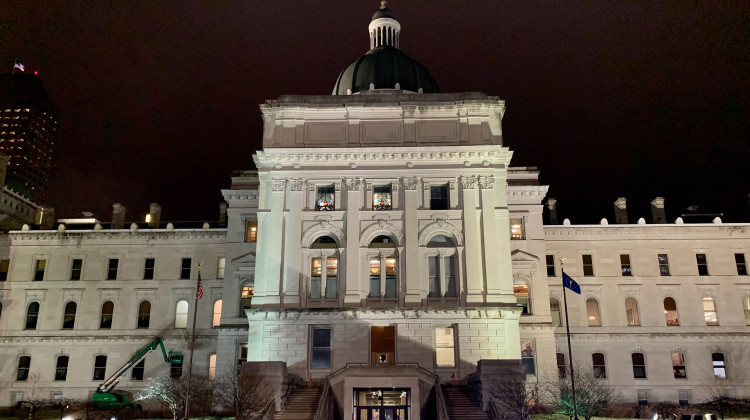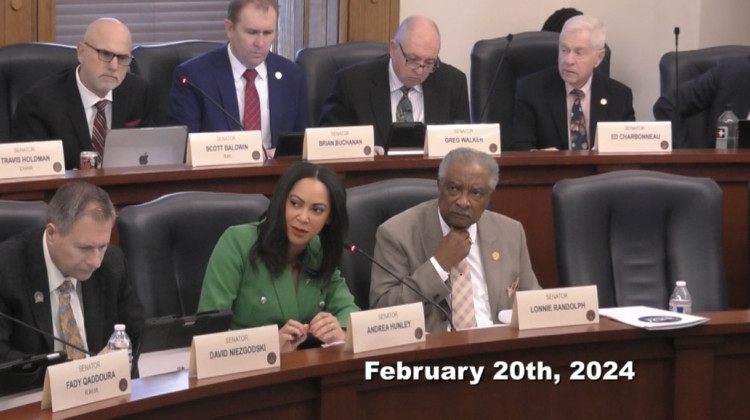INDIANAPOLIS – Indiana has enough water for drinking, manufacturing and other uses now, but needs to plan to prevent shortages in the future, an Indiana Chamber of Commerce study has found.
The chamber released the report Friday. It shows that different regions in the state have varying water conditions and will face different types of water concerns in the coming years.
"What this study does is set the stage for creation of a long-needed, long-range water plan for the state," said Vince Griffin Indiana Chamber vice president of energy and environmental policy. "While a creditable plan may take three to five years, legislators – from the Senate and House, as well as both parties – understand the importance of this issue and are prepared to lead on the next steps."
The study was lead by Jeff Wittman, a geosciencist who lives in Indiana but works for the Texas based company INTERA Incorporated.
The study found that Northern Indiana has a large amount of water available but is seeing an increase in usage for things like irrigation. Southern Indiana has water, but may not be able to meet the future demands of local communities and struggles with larges distances between water sources, including reservoirs.
The central part of the state has diverse water supplies and utilities are making plans for the future, but population growth projections show significant amounts will be needed.
The chamber made it clear that the study is not a plan of action. Instead, it’s meant to be a study of the current conditions of Indiana's water. Chamber officials hope legislators will look at the study for consideration of what to do – and how much funding it might take to do it.
A separate study done by the University of Michigan found Indiana to be first in the nation in the percentage of its economy that depends on water. Indiana Chamber President Kevin Brinegar also noted that Indiana leads the nation for manufacturing, which uses significant amounts of water.
 DONATE
DONATE







 View More Programs
View More Programs



 Support WFYI. We can't do it without you.
Support WFYI. We can't do it without you.